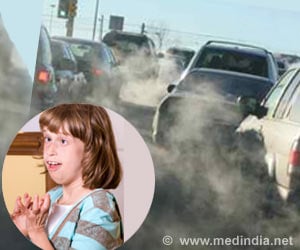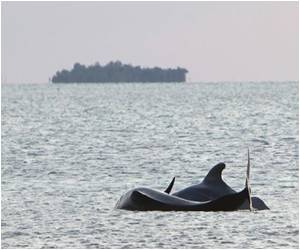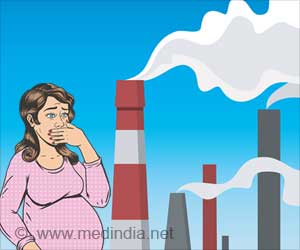La Nina-Like conditions in the Pacific Ocean off the coast of Panama were closely associated with 2,500-year-long abrupt shutdown in coral reef growth, reveals a new study.

Kim Cobb said that investigating the long-term history of reefs and their geochemistry is something that is difficult to do in many places, so this was a unique opportunity to look at the relationship between reef growth and environment. This study shows that there appears to have been environmental triggers for this well-documented reef collapse in Panama.
The new study provides data to assist scientists in understanding how changes in the environment trigger long-term changes in coral reef growth and ecosystem function, which is a critical challenge to coral-reef conservation.
Lead author Lauren Toth said that temperature was a key cause of reef collapse and modern temperatures are now within several degrees of the maximum these reefs experienced over their 6,750 year history and it's possible that anthropogenic climate change may once again be pushing these reefs towards another regional collapse.
Cobb added that they saw evidence for a different climate regime during that time period and the geochemical signals were consistent with a period that is very cool and very wet, with very strong upwelling, which is more like a modern day La Nina event in this part of the Pacific.
Cobb noted that these conditions would have been for quite an extended time, which suggests that the reef was quite sensitive to prolonged change in environmental conditions, so sensitive that it stopped accreting over that period.
Advertisement
The study appears in the journal Nature Climate Change.
Advertisement










